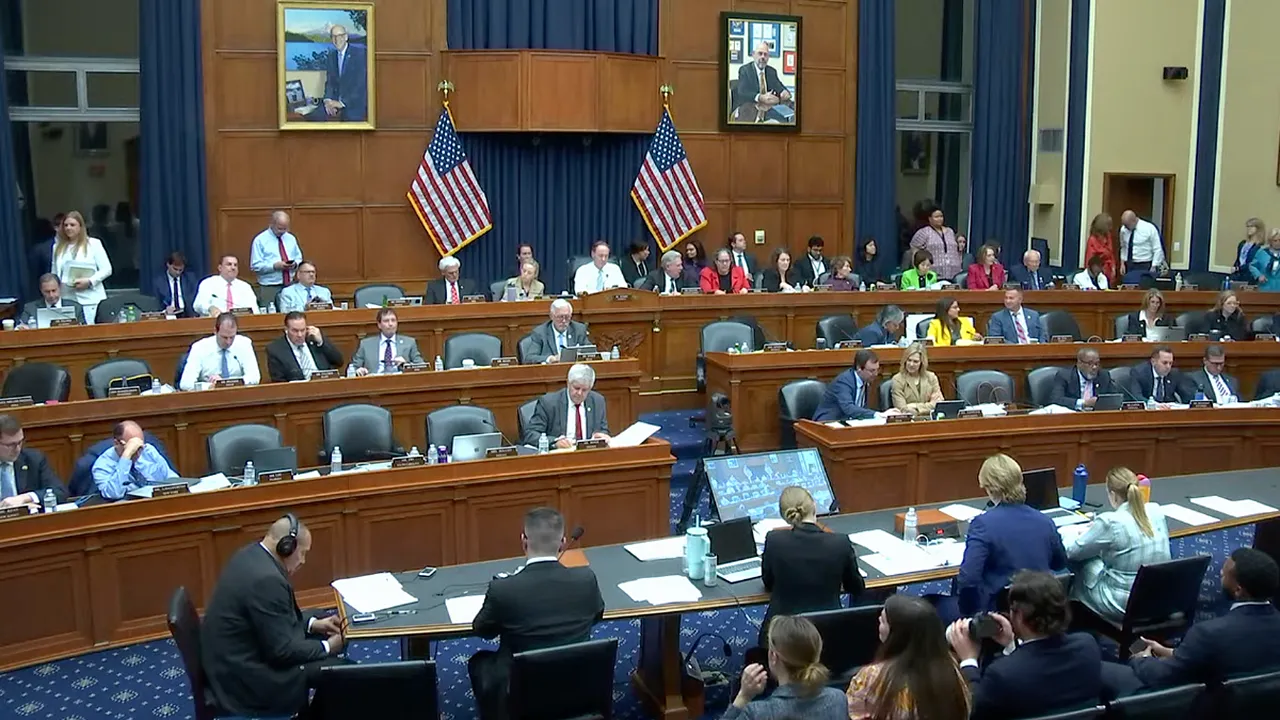A fierce political battle over the future of artificial intelligence regulation is unfolding in the US Congress on June 20, 2025. The House of Representatives has included a controversial provision in a major budget package (known as H.R.1) that proposes a 10-year moratorium on the passage of AI laws at the state level. This initiative, as reported by leading global publications including The Financial Times and Tech Policy Press, has caused serious disagreement among lawmakers and could radically change the regulatory landscape for the entire tech industry. Proponents of the moratorium in the House argue that such a step is necessary to prevent a chaotic "patchwork quilt" of potentially conflicting laws in different states. In their view, this could stifle innovation and create insurmountable legal and operational difficulties for companies operating nationwide. They insist on developing a single, consistent federal approach to AI regulation. However, this position has met with strong opposition in the Senate and from state authorities, such as New York, which very recently passed its own landmark RAISE Act. Opponents argue that a 10-year ban is an unacceptably long period that will leave consumers without necessary protection from AI-related risks while slow-paced debates continue at the federal level. This conflict reflects the fundamental debate between the desire to stimulate innovation and the need to ensure citizen rights and safety. The fate of this provision will determine who sets the tone for AI regulation in the US for the next decade – the federal government or proactive states.
US House Proposes 10-Year Moratorium on State-Level AI Regulation
